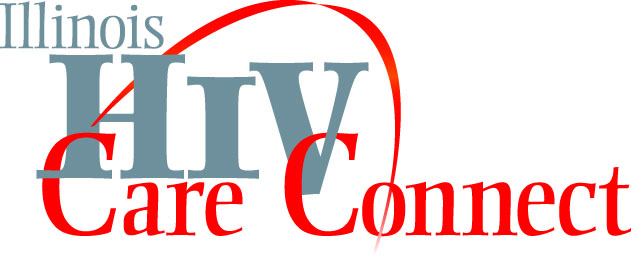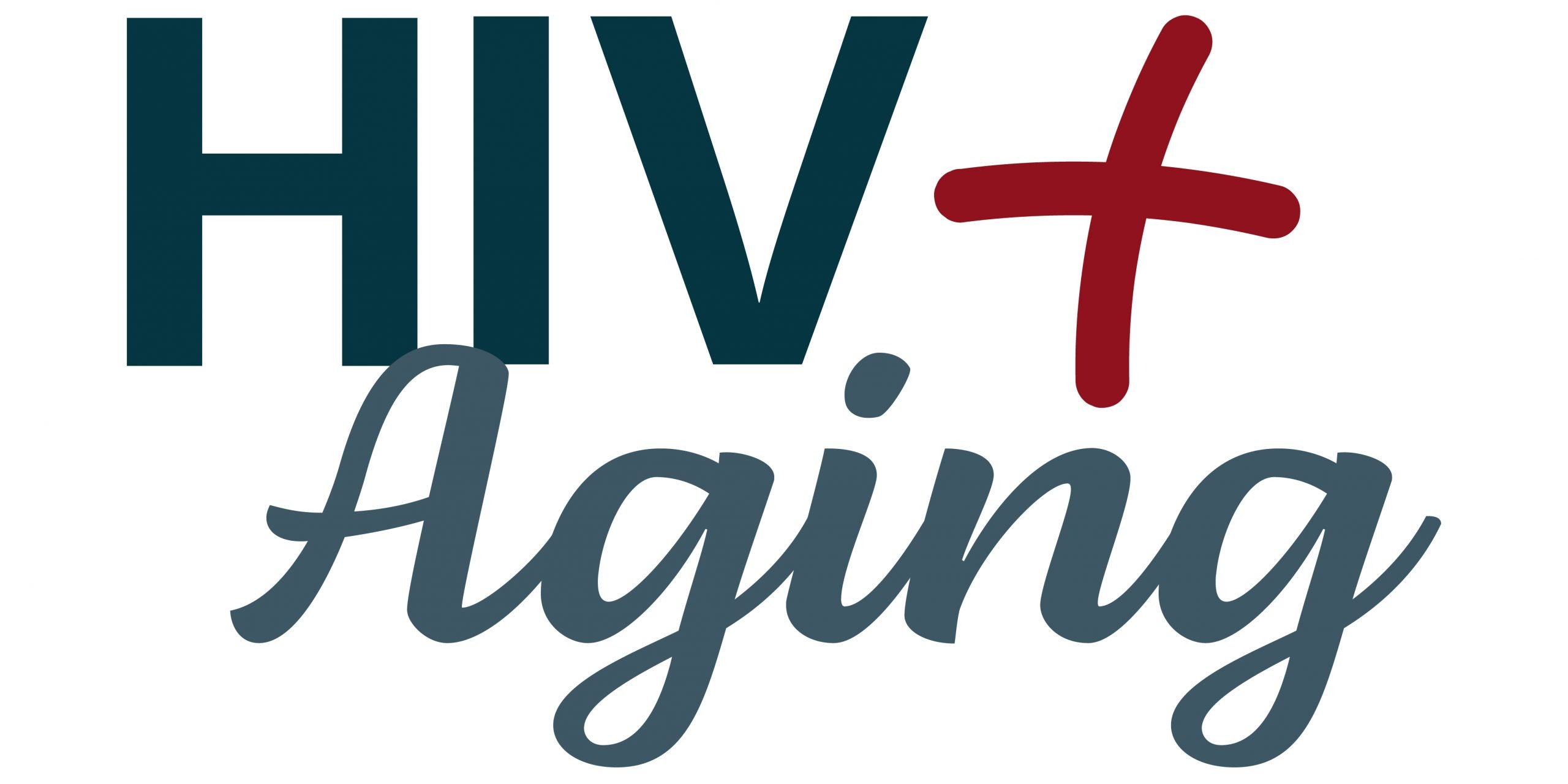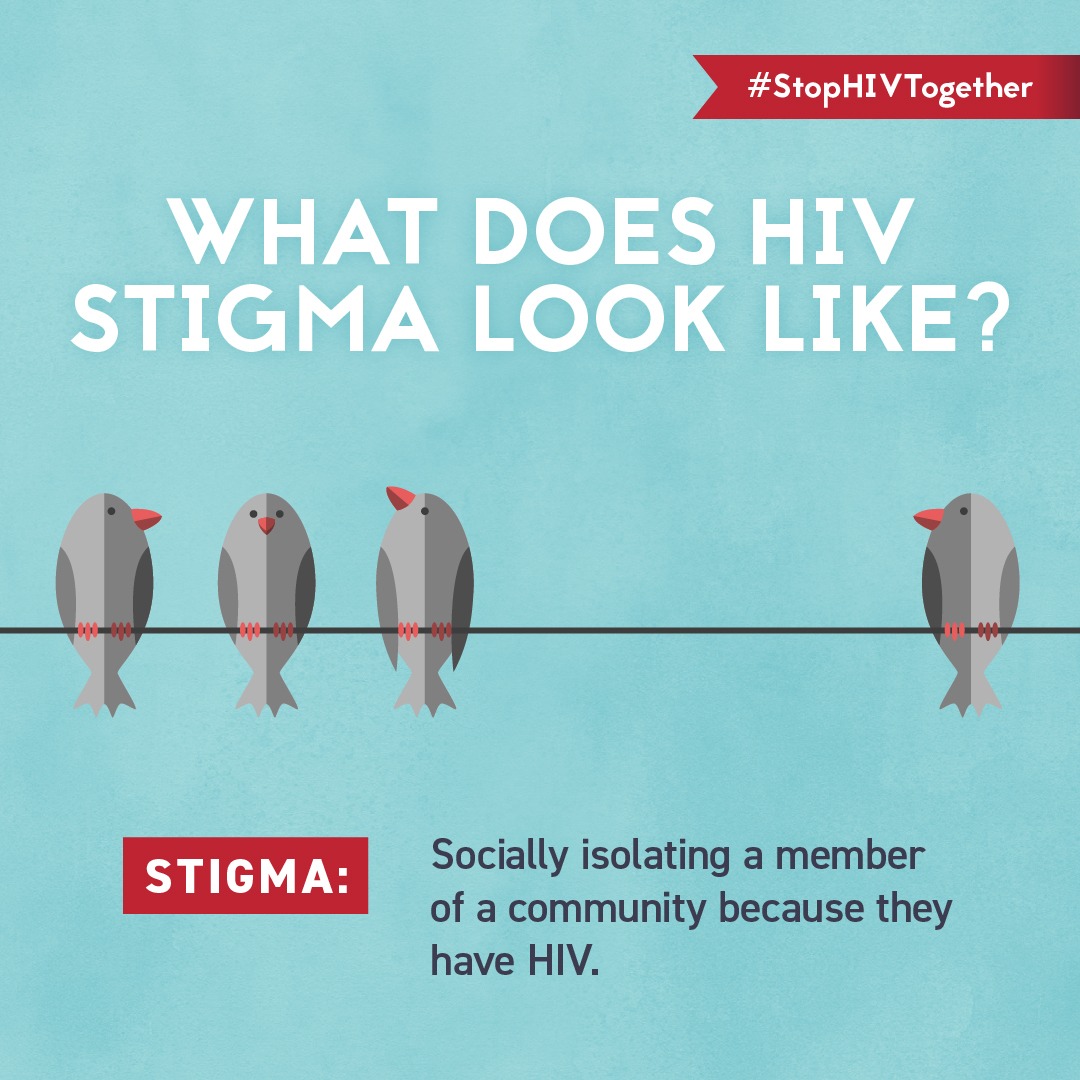Angela C.
Interviewed October 2020
Q: How would you define HIV stigma in your own words?
A: Well, it can be defined as someone having a pre-judgment against someone. Some people have a negative belief and attitude toward a person because of their HIV status, and they have pre-conceptions about what HIV is. And then they’ll sit there and have stigma because they think a person living with HIV deserves it because of the choices that they made.
The only way to reach zero cases is by taking stigma out of having HIV/AIDS. That way people will get tested without feeling like they’ll be shamed and ostracized if someone finds out about it.”
Q: Where do you think stigma comes from? Do you think it comes from what people believe or what people have been told?
A: It’s the fear of the unknown. Any time you don’t know something, you fear it. Then, there’s the lack of proper information. People telling someone that they can get it from handshakes, or someone coughing, or eating utensils, different things. So, it’s always the fear and misinformation that they have, and the lack of proper information that needs to be put out there.
Q: What kind of impact has HIV stigma had on your life?
A: I went to the doctor I had had for 11 years previously; she did my testing, and she ended up telling other patients of hers, other people that knew me, about my status, violating HIPAA law. This was back in 1999-2000, when I was diagnosed. That ended up becoming a big legal case. It went all the way to the appellate court. It was appealed and we ended up settling out, but I won the case. It helped improve the laws on HIPAA in Illinois.
It’s the fear of the unknown. Any time you don’t know something, you fear it. Then, there’s the lack of proper information.”
Q: So, how did that make you feel about disclosing your status to other physicians? Have you had any hesitancy to do that since then?
A: At the very beginning, yes. From the very beginning, I felt a little closed off. I trusted other people more than I trusted the doctors at one time, due to the fact that I didn’t know if they were going to tell anyone or if they talked too loudly when we were in a room. Some doctors have loud voices, and I didn’t know if other patients could hear or not. Also, I went to a hospital in Peoria, and they had a patient’s HIV status up on the door. Those are the issues that I had in the very beginning.
I went to the doctor I had had for 11 years previously; she did my testing, and she ended up telling other patients of hers, other people that knew me, about my status, violating HIPAA law.”
Q: Are these the kind of issues that got you involved in St. Clair County Health Department’s Consumer Advisory Committee (CAC)? Tell me about how you started to become involved.
A: Well, I started opening up by going to a women’s group first. As I started doing that, I got a little bit more involved and opened up a little bit more; I always read a lot about different HIV issues, but I would never voice my opinion. When I started going to the women’s groups and volunteering on different other issues, I started saying “Okay, let me go to this particular event. Let me go to other events and see what they’re talking about.” That’s how I got more involved with the CAC and became a client rep.
Q: Have you had any issues with employers over the years with disclosure or with HIV status? Have you disclosed your status to your employers? Have they been relatively accepting about it or not?
A: At one point, I worked at a credit union. I was a loan officer, and they found out because of the doctor who disclosed my status. A couple people there were a little hesitant, but as time went on, I didn’t have an issue with it because it was a small credit union. I didn’t have a problem with them. But I ended up leaving town because I had a young son and it was beginning to affect him, too. I moved to a bigger city to get away from all that. Other than that, I haven’t had any issues with employers because I didn’t have to disclose my status to employers.
I think people need to talk about it more and make it open. People think of it as a death sentence, and it’s not. It’s not like it used to be.”
Q: Okay. And how about with friends and family? Have you had any issues with them or have they been relatively accepting?
A: My family has been accepting, very accepting to the point where I’m always the cook. I’m always the cook, the babysitter, or different things in the family. And my friends have been great. I’ve never had a problem with dating or anything like that.
Q: With your experience over the years, what do you think needs to be done to overcome HIV stigma?
A: I think people need to talk about it more and make it open. People think of it as a death sentence, and it’s not. It’s not like it used to be. People need to catch up with science. The laws also need to catch up with the science. Proper sex education needs to be back in schools, and we should give students the choice to learn about all the different types of STDs out there to take the stigma out of it, because they don’t know about the super gonorrhea that’s out there. They don’t know that syphilis is coming on the rise again. It’s all about teaching it, making sure that they know, and letting the science and the laws catch up together.
Q: Then, if these changes were made, how do you see them benefiting the HIV community?
A: Oh, well, a lot of people would be able to live in the open. It’s similar to people that are in the LGBTQ community that are in the closet where there’s a lot of HIV-positive people that are in the closet. If these changes were made, they would be able to come out of the closet and live their life fully. They wouldn’t have to worry about someone hurting them or losing family members or friends just because they are positive. They’d be able to live their life fully and be happy.
Q: Are there any community resources or educational materials that you found helpful?
A: The Body and Positively Aware. There’ve also been other little magazines that I have found in the offices of different health departments on display that you could pick up and read and get a lot of information from.
It’s similar to people that are in the LGBTQ community that are in the closet where there’s a lot of HIV-positive people that are in the closet. If these changes were made, they would be able to come out of the closet and live their life fully.”
Q: Is there anything that I didn’t ask about that you think is important to emphasize?
A: The only way to reach zero cases is by taking stigma out of having HIV/AIDS. That way people will get tested without feeling like they’ll be shamed and ostracized if someone finds out about it. For me, being a woman of color, stigma is prevalent in the African-American community, and I feel that we should address getting stigma out of it. I think churches and religious groups could help with that, but a lot of them don’t help like they should. They teach it like someone did something wrong or that they brought it on themselves, and no, you didn’t bring it on yourself. It’s something that happened. I think that needs to be addressed more. Also, a lot of older people are getting it because it’s not being talked about. A lot of older people have it because we live longer with it, but there’s a lot of them who are getting it because we don’t talk about it, and they live with it in silence.









